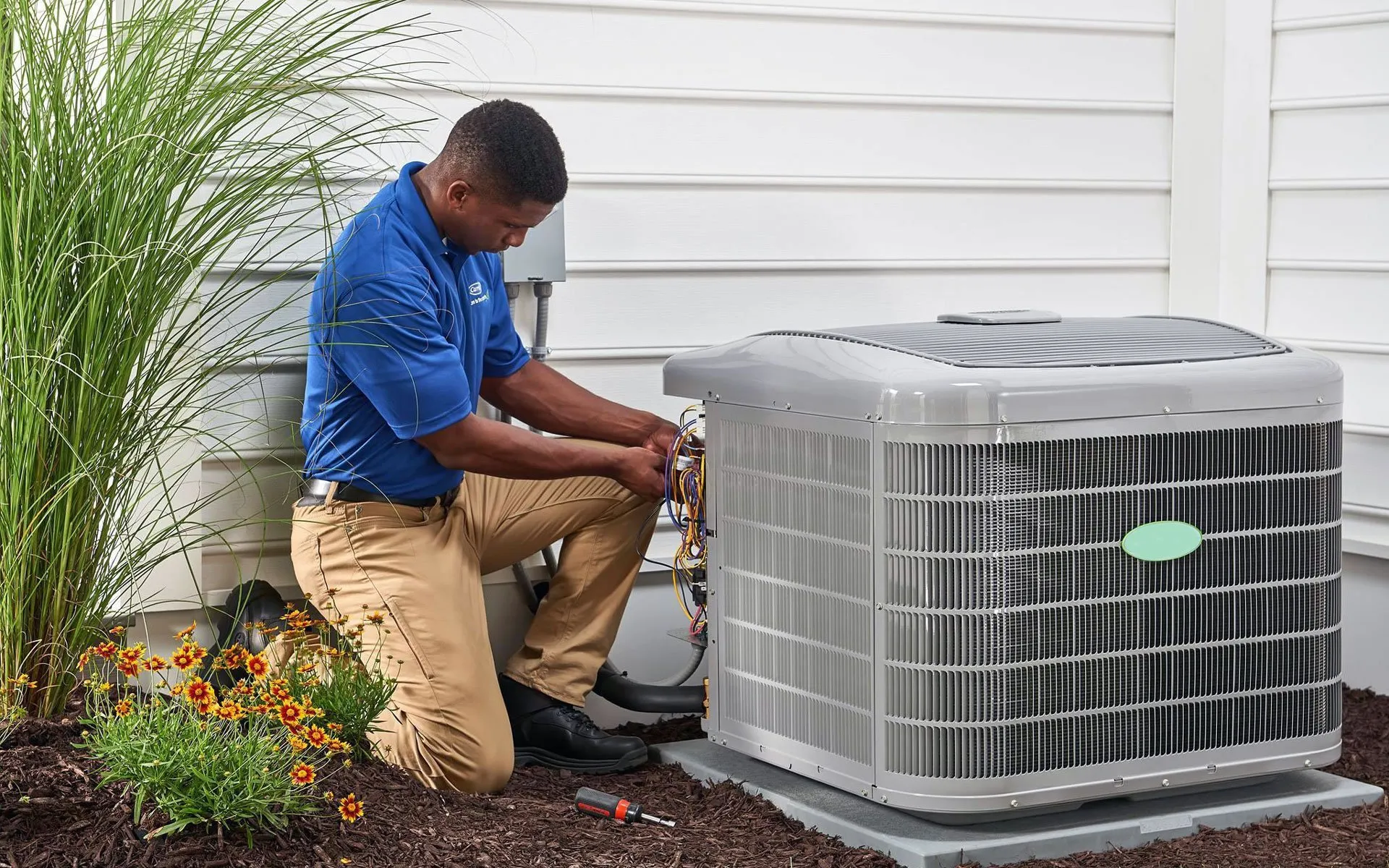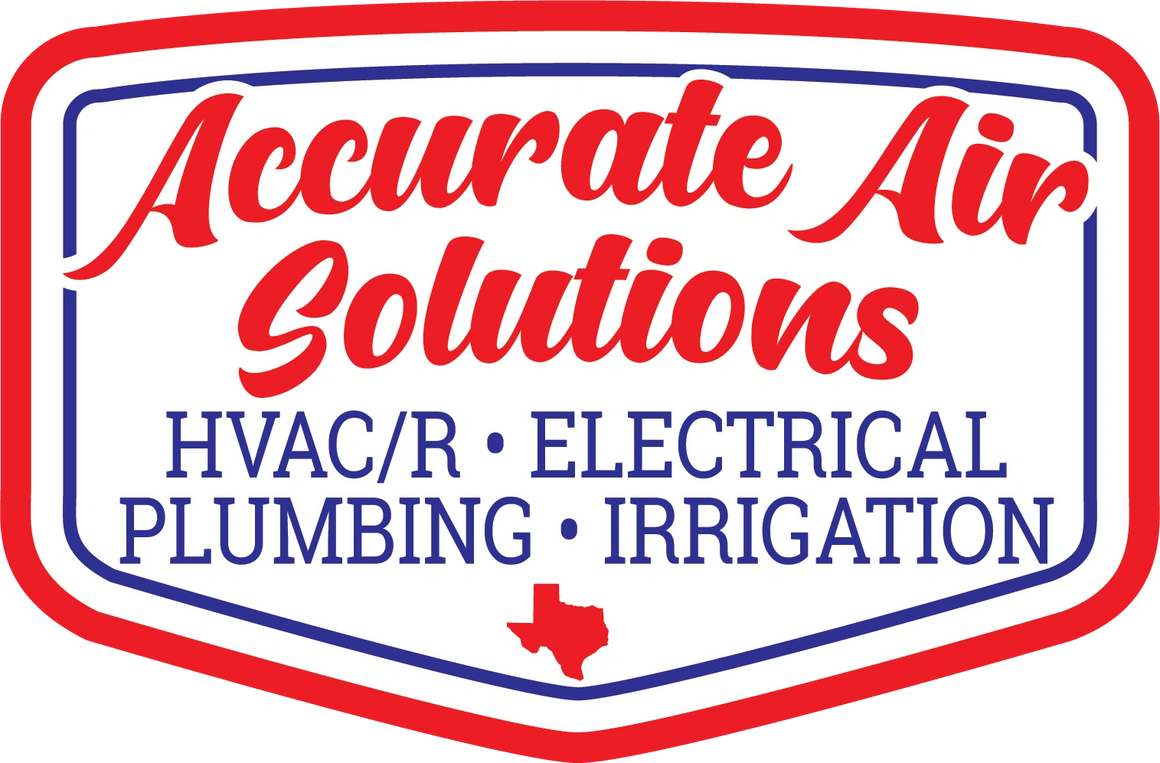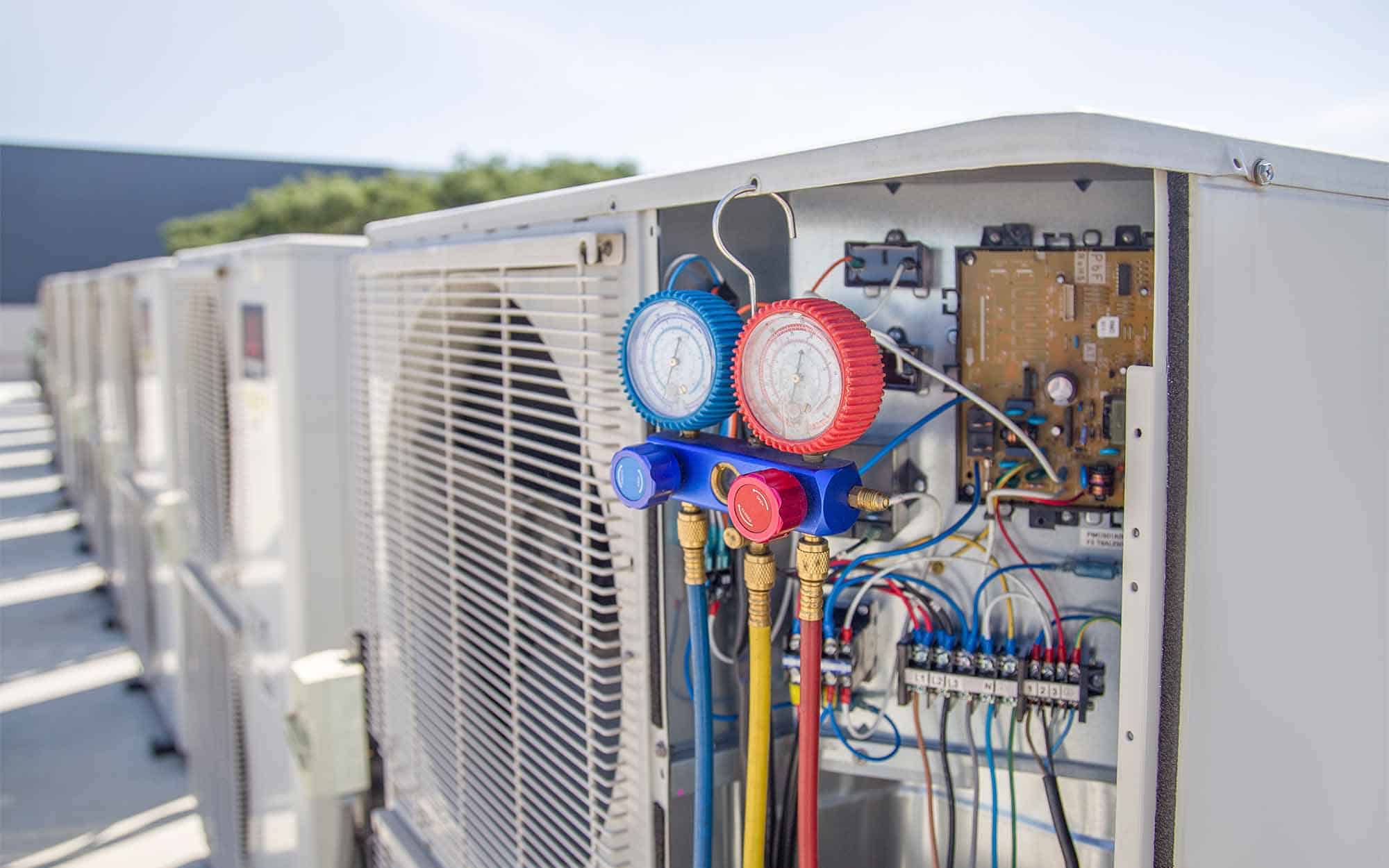The Importance of HVAC Installment: Trick Considerations for a Comfortable Indoor Atmosphere
The installation of a HVAC system is a crucial element in attaining a comfortable and energy-efficient interior atmosphere. Factors such as the viability of the system for particular structure demands, correct sizing to prevent inefficiencies, and the experience of contractors for a quality installment play essential roles. The adoption of sophisticated innovations can considerably improve system efficiency.
Picking the Right System

When picking a heating and cooling system, it is vital to examine the capability called for to successfully warmth or cool down the space without overworking the system, which can lead to boosted wear and functional expenses. Consulting with a specialist a/c specialist can supply useful understandings right into selecting a system that aligns with both the architectural layout and the expected use patterns of the building.
Additionally, taking into consideration the combination of wise modern technology can improve system administration and surveillance, providing higher control and potential expense financial savings. By diligently examining these aspects, one can make certain the selection of an a/c system that not just meets instant requirements yet also adds to lasting operational sustainability and owner comfort.
Understanding Power Efficiency
Recognizing energy efficiency is necessary when taking into consideration a cooling and heating installation, as it straight affects both the ecological footprint and the operational expenses of the system. High-efficiency a/c units are made to use much less power to attain the very same degree of convenience as much less efficient designs, therefore decreasing utility bills and advertising sustainability. The efficiency of a heating and cooling system is generally indicated by ratings such as SEER (Seasonal Energy Performance Proportion) for ac unit or AFUE (Annual Fuel Application Efficiency) for heaters. Greater rankings indicate greater effectiveness and minimized power usage.

Investing in an energy-efficient HVAC system not only equates to set you back savings but also contributes favorably to environmental conservation by lowering greenhouse gas exhausts. Additionally, many territories use incentives or discounts for the installment of high-efficiency systems, further boosting their economic charm.
When examining power performance, consider innovative functions such as variable speed electric motors, smart thermostats, and zoning capabilities. These technologies boost the system's capability to adapt to differing demand, consequently optimizing power usage. It is vital to consult with heating and cooling professionals that can give insights right into my blog the most effective options tailored to particular climate conditions and use patterns, making sure optimal performance and comfort.
Relevance of Appropriate Sizing

On the other hand, an undersized heating and cooling system will certainly battle to reach the wanted temperature level, specifically throughout extreme climate condition. This can cause constant operation, resulting in greater power expenses and possible getting too hot of system elements. In addition, inadequate sizing can lead to irregular temperature distribution, creating certain areas of a building to be as well warm or too awesome.
To attain the proper sizing, a thorough tons calculation is important. This entails analyzing numerous elements such as the structure's square video, insulation degrees, window types, and neighborhood climate problems. By accurately identifying the home heating and cooling demands of an area, heating and cooling specialists can recommend systems that make sure efficient operation, minimized power intake, and improved interior comfort.

Making Certain High Quality Installation
A smooth HVAC installation is the foundation of a system's longevity and efficiency. Ensuring quality setup involves careful interest to information, adherence to sector standards, and using proficient experts. The procedure starts find more information with picking a qualified and skilled a/c contractor. This specialist must possess thorough knowledge of diverse systems and be proficient at analyzing the specific needs of the building.
Proper setup goes beyond simple positioning of devices. It includes precise calibration to guarantee optimum airflow, reliable energy consumption, and uniform temperature level circulation. This includes accurate ductwork installation, making sure links are secure and leak-free, which is critical for maintaining system efficiency and indoor air top quality.
Moreover, the implementation of innovative diagnostic devices during installation can find possible issues early, avoiding costly fixings and prolonging the lifespan of the system. The service provider needs to likewise guarantee that all parts work which the system abides by neighborhood building regulations and laws.
Regular Upkeep Practices
Once the structure for a high-performing HVAC system is developed through top quality installment, the emphasis must change to normal maintenance methods to guarantee ongoing efficiency and reliability. Routine maintenance not only extends the lifespan of the system yet additionally improves interior air high quality, reduces energy usage, and protects against costly repair services. Necessary upkeep tasks consist of consistently transforming air filters, cleaning up evaporator and condenser coils, and inspecting the system for obstructions or leaks.
This simple task can substantially boost air circulation and system effectiveness. In addition, professional technicians should examine the system annually, examining for refrigerant levels, electrical connections, and total system efficiency.
Interest to ductwork is additionally essential; sealing and cleansing air ducts routinely prevents air loss and contamination. Executing an upkeep schedule guarantees that small concerns are addressed before they escalate, protecting the system's operational integrity. By adhering to these maintenance methods, home owners can enhance their HVAC system's functionality and maintain a comfy indoor environment year-round.
Final Thought
By choosing a proper system customized to specific building demands, understanding power performance, and making sure right look at here now sizing, inefficiencies can be reduced. The involvement of proficient contractors warranties high quality installment, while the combination of sophisticated technologies improves system performance and tracking.
Several kinds of Heating and cooling systems are available, including split systems, hybrid systems, duct-free systems, and packaged heating and air systems, each with unique advantages and constraints.
Recognizing power effectiveness is necessary when thinking about a HVAC installment, as it straight affects both the ecological impact and the operational expenses of the system. The performance of a Cooling and heating system is commonly indicated by ratings such as SEER (Seasonal Energy Effectiveness Ratio) for air conditioners or AFUE (Annual Gas Utilization Effectiveness) for heating systems (air conditioning installation Brownwood TX).Once the structure for a high-performing A/c system is developed through top quality setup, the focus needs to move to normal maintenance practices to make certain continued effectiveness and reliability. Furthermore, expert specialists need to check the system yearly, checking for refrigerant degrees, electrical links, and general system performance